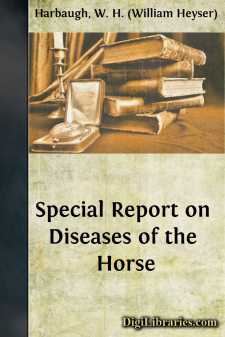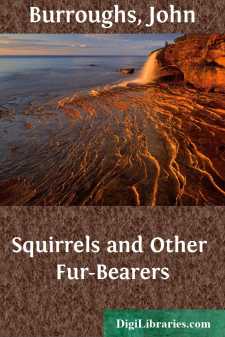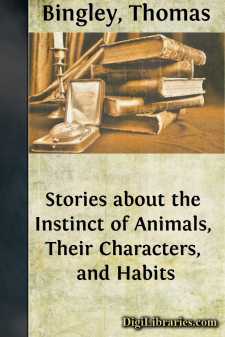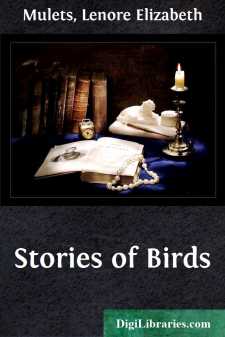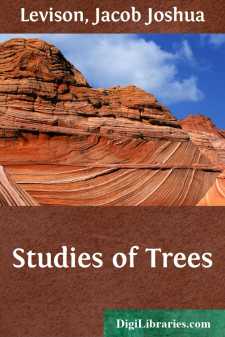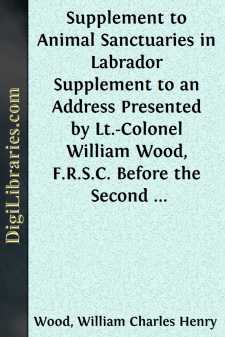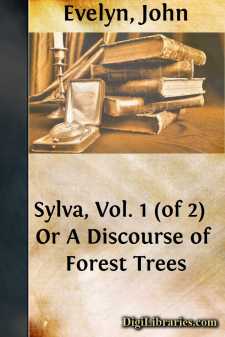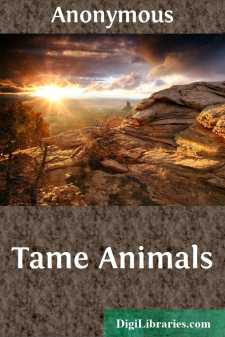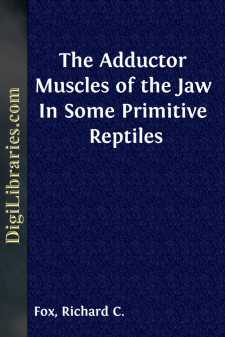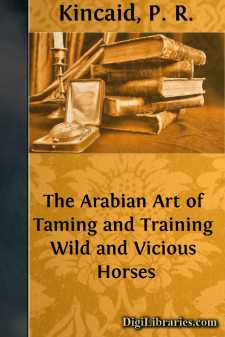Nature
Nature Books
Sort by:
In the examination of a sick horse it is important to have a method or system. If a definite plan of examination is followed one may feel reasonably sure, when the examination is finished, that no important point has been overlooked and that the examiner is in a position to arrive at an opinion that is as accurate as is possible for him. Of course, an experienced eye can see, and a trained hand can...
more...
by:
John Burroughs
SQUIRRELS Walking through the early October woods one day, I came upon a place where the ground was thickly strewn with very large unopened chestnut burrs. On examination I found that every burr had been cut square off with about an inch of the stem adhering, and not one had been left on the tree. It was not accident, then, but design. Whose design? A squirrel’s. The fruit was the finest I had ever...
more...
by:
Thomas Bingley
CHAPTER IV. Uncle Thomas introduces to the Notice of the Young Folks the Ettrick Shepherd's Stories about Sheep; and tells them some Interesting Stories about the Goat, and its Peculiarities. "I dare say, Boys, you have not forgotten the Ettrick Shepherd's wonderful stories about his dogs. Some of those which he relates about sheep are equally remarkable, and as he tells them in the same...
more...
IN THE SNOW It was a bright, wintry day. The frost jewels sparkled on the snow. The winds blew cutting cold from the north. Phyllis, in her scarlet coat and cap, and long, warm leggings, waded in the deepest drifts she could find. Out by the garden fence was the greatest drift. After floundering through it, Phyllis climbed up and perched on the top rail of the fence. She sat quite still, for she was...
more...
Chapter I How To Identify Trees There are many ways in which the problem of identifying trees may be approached. The majority attempt to recognize trees by their leaf characters. Leaf characters, however, do not differentiate the trees during the other half of the year when they are bare. In this chapter the characterizations are based, as far as possible, on peculiarities that are evident all year...
more...
Supplement To An Address ON BY Lieut.-Colonel William Wood, F.R.S.C. The appeal prefixed to the original Address in 1911 announced the issue of the present supplement in 1912, and asked experts and other leaders of public opinion to set the subject on firm foundations by contributing advice and criticism. The response was most gratifying. The twelve hundred review copies sent out to the Canadian press,...
more...
by:
John Evelyn
INTRODUCTION. I Evelyn & his literary contemporaries Isaac Walton & Samuel Pepys. Among the prose writers of the second half of the seventeenth century John Evelyn holds a very distinguished position. The age of the Restoration and the Revolution is indeed rich in many names that have won for themselves an enduring place in the history of English literature. South, Tillotson, and Barrow among...
more...
by:
Anonymous
THE HARE. I suppose you have all seen a Hare, and perhaps many of you have helped to eat one. The Hare is a very timid animal, running away on the least alarm; but, poor fellow, he is too often caught by the dogs and killed, notwithstanding his swift running. It is rather difficult to tame Hares, but there is a very amusing account of three, named Puss, Tiney, and Bess, written by the poet Cowper, who...
more...
by:
Richard C. Fox
Information about osteological changes in the groups of reptiles that gave rise to mammals is preserved in the fossil record, but the musculature of these reptiles has been lost forever. Nevertheless, a reasonably accurate picture of the morphology and the spatial relationships of the muscles of many of these extinct vertebrates can be inferred by studying the scars or other marks delimiting the...
more...
by:
P. R. Kincaid
Founded on the Leading Characteristics of the Horse. FIRST.—That he is so constituted by nature that he will not offer resistance to any demand made of him which he fully comprehends, if made in a way consistent with the laws of his nature. SECOND.—That he has no consciousness of his strength beyond his experience, and can be handled according to our will, without force. THIRD.—That we can, in...
more...


